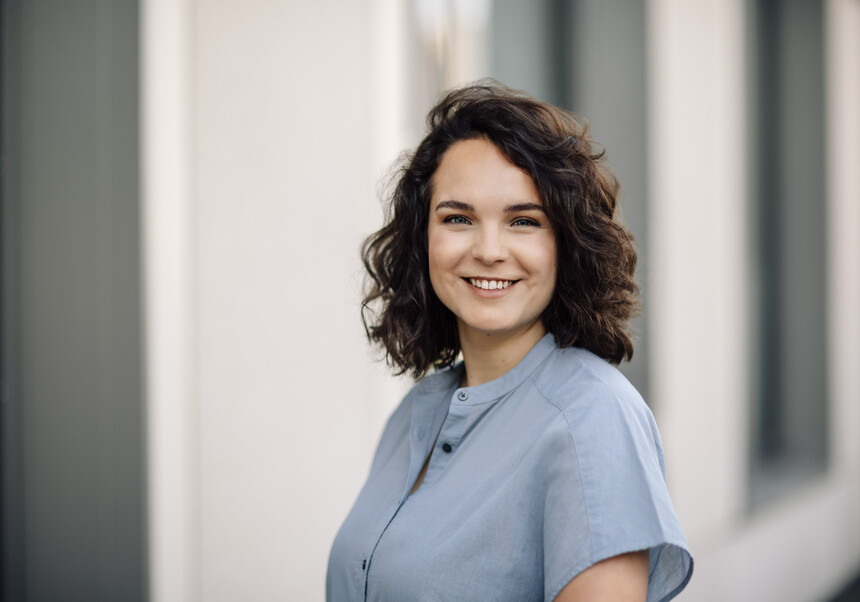
February 28, 2025. 1:00 PM. In-person and Zoom session (Room M204, Faculty of Psychology and Speech Therapy). Language: English.
Anna-Sophia Dersch
Giessen University
Student teachers and in-service teachers hold misconceptions about various educational psychology topics, for instance multimedia learning (e.g., “Learning materials need to be adapted to students’ individual learning styles.”; Eitel et al., 2019; 2021), autism and neurodevelopment (e.g., “Autistic people do not want to be touched.”; Bei et al., 2024) and gendered ability differences (e.g., “Girls inherently lack mathematical talent, because they do not think as systematically as boys.”; Dersch et al, 2022). Such misconceptions should be shifted, since they might negatively impact the selection of learning materials, teaching practices and quality and teacher-student interactions (e.g., McAffee & Hofman, 2021; Prinz et al., 2022; Wilen et al., 2004).
In her talk, Anna will give an overview of her research. She will introduce a way to measure misconceptions on the example of the Math-gender Misconception Questionnaire (MGMQ; Dersch et al., 2022). Furthermore, she will present her research on the potential impact of teachers’ misconceptions (here: about mathematics and gender) on a close-to-behavioral measure (i.e., awareness towards math-gender stereotype-reinforcing behaviors). Lastly, she will discuss ways to enhance refutation instructions for teachers’ successful conceptual change (see also Gregoire, 2003) with a focus on personalized refutation instruction to target math-gender misconceptions, accounting for potential backfire effects, meaning the ironic reinforcement of a misconceptions after trying to refute it (Lewandowsky et al., 2012).
Bio
Anna-Sophia Dersch studied psychology and sociology in Freiburg and Lisbon and is currently pursuing her PhD at Giessen University in Germany. As an educational psychologist working in teacher education herself, she is determined to counter common educational psychology misconceptions among teachers as important socializers. Her research focuses on identifying and measuring common educational psychology misconceptions. She is furthermore interested in ways to enhance refutation instruction for special target groups such as teachers, and she researches affective and motivational processes potentially benefiting or hindering conceptual change (hot conceptual change).






